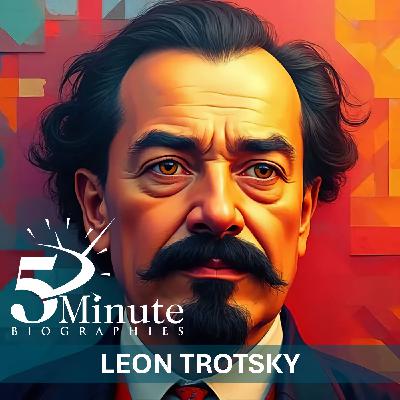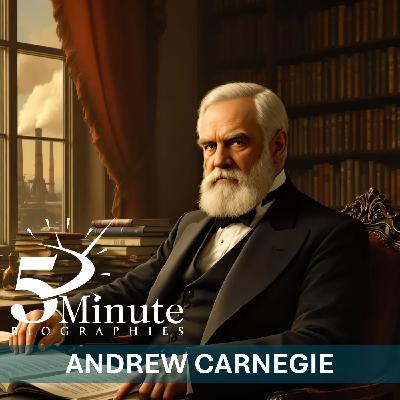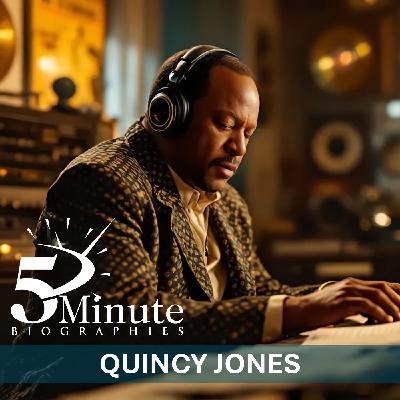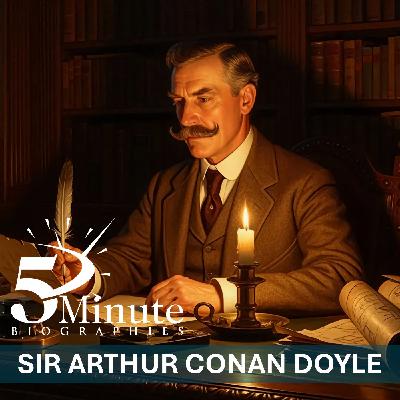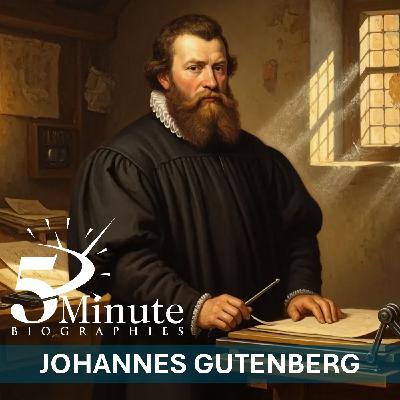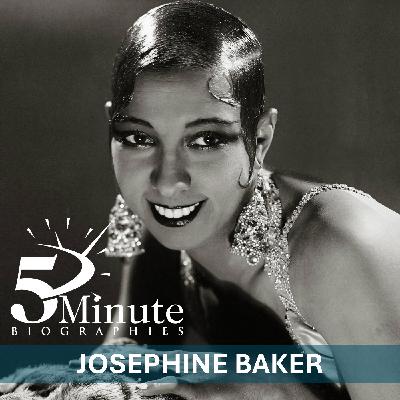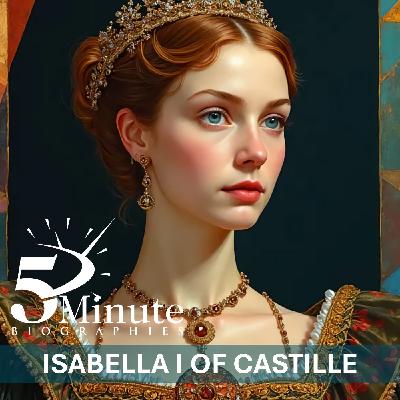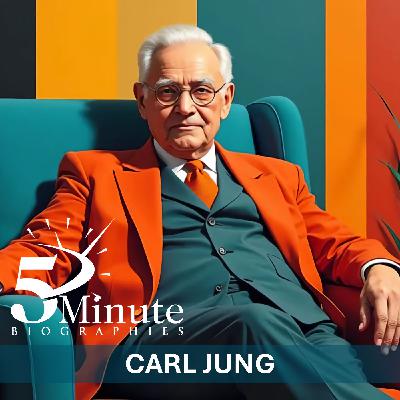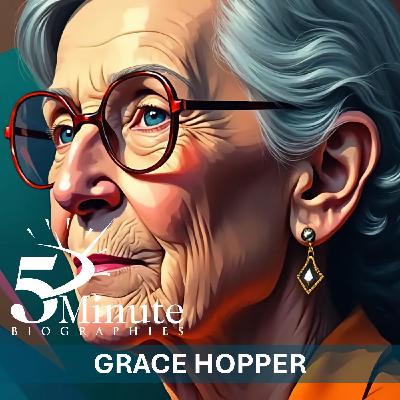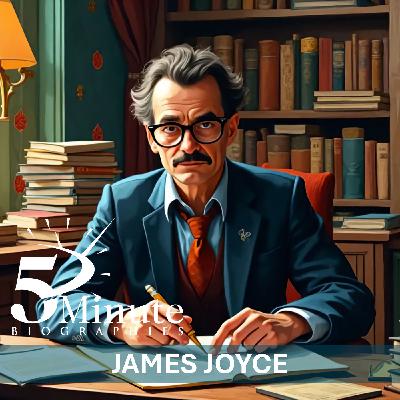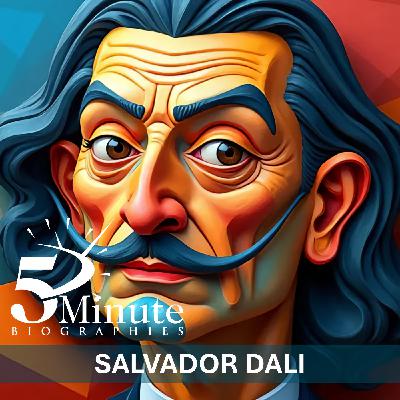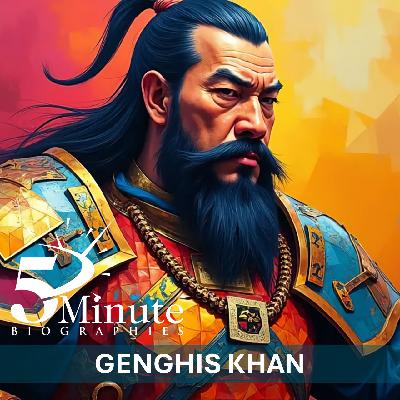Leon Trotsky
Description
Leon Trotsky was born Lev Davidovich Bronstein on 7 November 1879 in Yanovka, Kherson Governorate, Russian Empire, now part of Ukraine. He became one of the most significant figures in the Russian Revolution and the early Soviet Union, known for his role as a Marxist revolutionary, political theorist, and leader of the Red Army. His life was marked by radical political activism, ideological disputes, and a tragic end that came at the hands of an assassin.
Trotsky was born into a wealthy Jewish farming family. Despite their relative prosperity, his parents were not politically active, and his early years were shaped more by education than revolutionary thought. At the age of nine, he was sent to a school in Odessa, where he excelled academically and developed an early interest in socialist ideas. By his teenage years, he was deeply involved in underground political activities, joining a socialist group that advocated for the overthrow of the Russian monarchy.
In 1897, Trotsky co-founded the South Russian Workers’ Union, an organisation committed to Marxist ideals and workers’ rights. His activism soon led to his arrest by Tsarist authorities, and he was sentenced to exile in Siberia. While in exile, he married fellow revolutionary Alexandra Sokolovskaya and began writing extensively on political theory and revolutionary strategy. In 1902, he escaped Siberia, leaving his wife and daughters behind, and fled to London, where he joined Vladimir Lenin and other exiled Marxists in publishing the revolutionary newspaper Iskra.
During his time in Europe, Trotsky became a key figure in the Russian Social Democratic Labour Party. However, he disagreed with Lenin’s rigid party structure and instead advocated for a broader, more inclusive revolutionary movement. These ideological differences led him to distance himself from the Bolsheviks while still remaining committed to Marxist revolution. He played a crucial role in the 1905 Russian Revolution, organising workers’ councils known as soviets in St. Petersburg. His efforts led to another arrest, and he was once again exiled to Siberia, but he escaped in 1907 and resumed his revolutionary activities abroad.
When the February Revolution of 1917 toppled the Tsar, Trotsky returned to Russia and aligned himself with Lenin and the Bolsheviks. He quickly became one of the most influential leaders of the October Revolution, which overthrew the Provisional Government and established Bolshevik rule. Trotsky was appointed Commissar for Foreign Affairs and played a critical role in negotiating the Treaty of Brest-Litovsk, which ended Russia’s involvement in the First World War. Soon after, he became the head of the Red Army, leading it to victory in the Russian Civil War against the anti-Bolshevik White forces.
As a military strategist, Trotsky was both brilliant and ruthless. He built the Red Army from a disorganised militia into a disciplined fighting force, employing strict measures to maintain loyalty and efficiency. His leadership ensured the survival of the Soviet state against internal and external enemies. However, his successes did not shield him from political struggles within the Communist Party.
After Lenin’s death in 1924, a power struggle ensued between Trotsky and Joseph Stalin. Trotsky was a strong proponent of the theory of permanent revolution, which argued that socialism should be spread internationally, while Stalin advocated for socialism in one country, focusing on consolidating power within the Soviet Union. Stalin’s influence within the party grew rapidly, and by the late 1920s, he had effectively sidelined Trotsky, stripping him of his government positions and expelling him from the Communist Party.
In 1929, Trotsky was exiled from the Soviet Union. He spent the next decade moving between countries, including Turkey, France, and Norway, continuing his political writings and criticism of Stalin’s regime. He established the Fourth International in 1938, an organisation aimed at promoting global socialist revolution in opposition to Stalin’s policies. Despite his efforts, he struggled to maintain a strong political following, as Stalin’s control over the international communist movement remained unchallenged.
Trotsky’s final years were spent in Mexico, where he was granted asylum by the leftist government of President Lázaro Cárdenas. He lived in a heavily guarded compound in Mexico City, as Stalin had ordered numerous attempts on his life. On 20 August 1940, Trotsky was attacked in his home by a Soviet agent, Ramón Mercader, who struck him in the head with an ice axe. Trotsky succumbed to his injuries the following day, 21 August 1940, marking the end of one of the most dramatic political lives of the 20th century.
Despite his assassination, Trotsky’s ideas continued to influence socialist movements around the world. His critiques of Stalinism, warnings about authoritarian rule, and theories on revolution remain subjects of study and debate among historians and political theorists. His legacy is particularly strong among leftist movements that oppose totalitarianism and seek an alternative vision of socialism.
His writings, including “The Revolution Betrayed” and “History of the Russian Revolution,” offer a deep insight into the ideological conflicts within the communist movement and provide an analysis of why the Soviet Union veered towards dictatorship under Stalin. His unwavering commitment to his beliefs, despite personal hardships and exile, make him one of the most compelling figures in revolutionary history. Leon Trotsky’s life was one of immense ambition, intellectual depth, and political struggle. He played a crucial role in shaping the course of the Russian Revolution and the early Soviet state, yet his vision for international socialism was ultimately crushed by Stalin’s rise to power. His assassination in Mexico ended his direct influence, but his ideas continue to inspire debates on revolution, governance, and social justice. Even decades after his death, his legacy endures in political movements that challenge oppression and seek to create a more just world.
The post Leon Trotsky appeared first on 5 Minute Biographies.

